Which of the following will undergo nitration slower than benzene ?
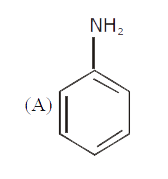
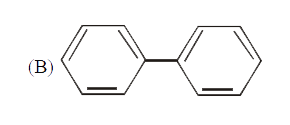
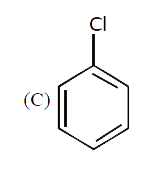
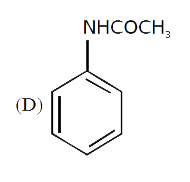
The correct Answer is:C
To determine which compound will undergo nitration slower than benzene, we need to analyze the effect of substituents on the benzene ring. The nitration of benzene involves the generation of a nitronium ion (NO₂⁺) which acts as an electrophile. The reactivity of benzene and its derivatives in electrophilic aromatic substitution reactions, such as nitration, is influenced by the nature of the substituents present on the ring.
1. Understand the Nitration Process:
- Nitration involves the formation of a nitronium ion (NO₂⁺) from nitric acid (HNO₃) in the presence of sulfuric acid (H₂SO₄). The nitronium ion is a strong electrophile that can attack the electron-rich benzene ring.
2. Identify the Role of Substituents:
- Substituents on the benzene ring can either activate or deactivate the ring towards electrophilic attack.
- Activating groups (e.g., -OH, -NH₂) increase electron density on the ring, making it more reactive.
- Deactivating groups (e.g., -NO₂, -Cl) withdraw electron density from the ring, making it less reactive.
3. Evaluate Each Compound:
- Compound A (with nitrogen): If it has a lone pair, it can activate the ring, leading to a faster reaction than benzene.
- Compound B (with nitrogen but different structure): Similar to compound A, it may also activate the ring.
- Compound C (with chlorine): Chlorine has a -I (inductive withdrawing) effect due to its electronegativity, which deactivates the ring. Although chlorine has a +M (mesomeric donating) effect due to its lone pair, the -I effect is stronger, leading to an overall deactivation of the ring.
4. Conclusion:
- Since compound C has a strong -I effect from chlorine that deactivates the benzene ring, it will undergo nitration slower than benzene. Therefore, the answer is Compound C.
Final Answer:
Compound C will undergo nitration slower than benzene.
---
- Nitration involves the formation of a nitronium ion (NO₂⁺) from nitric acid (HNO₃) in the presence of sulfuric acid (H₂SO₄). The nitronium ion is a strong electrophile that can attack the electron-rich benzene ring.
- Substituents on the benzene ring can either activate or deactivate the ring towards electrophilic attack.
- Activating groups (e.g., -OH, -NH₂) increase electron density on the ring, making it more reactive.
- Deactivating groups (e.g., -NO₂, -Cl) withdraw electron density from the ring, making it less reactive.
- Compound A (with nitrogen): If it has a lone pair, it can activate the ring, leading to a faster reaction than benzene.
- Compound B (with nitrogen but different structure): Similar to compound A, it may also activate the ring.
- Compound C (with chlorine): Chlorine has a -I (inductive withdrawing) effect due to its electronegativity, which deactivates the ring. Although chlorine has a +M (mesomeric donating) effect due to its lone pair, the -I effect is stronger, leading to an overall deactivation of the ring.
- Since compound C has a strong -I effect from chlorine that deactivates the benzene ring, it will undergo nitration slower than benzene. Therefore, the answer is Compound C.
Compound C will undergo nitration slower than benzene.
Topper's Solved these Questions
- AROMATIC COMPOUNDBOOK - MOTIONCHAPTER - AROMATIC COMPOUNDEXERCISE - Exercise - 3
17 Videos
- AROMATIC COMPOUNDBOOK - MOTIONCHAPTER - AROMATIC COMPOUNDEXERCISE - Exercise - 4 | Level-I
13 Videos
- AROMATIC COMPOUNDBOOK - MOTIONCHAPTER - AROMATIC COMPOUNDEXERCISE - Exercise - 2 (Level-I)
47 Videos
- ALKYI HALIDEBOOK - MOTIONCHAPTER - ALKYI HALIDEEXERCISE - Exercise - 4 | Level-II
8 Videos
- ATOMIC STRUCTURE BOOK - MOTIONCHAPTER - ATOMIC STRUCTURE EXERCISE - EXERCISE-4 (LEVEL-II)
18 Videos
Similar Questions
Knowledge Check
Which of the following does not undergoes nitration?
ACH3−CH3BCH3NH2CCH4DCH3−CH2−CH3Which of the following undergoes nitration most easily?
A B
B C
C DCH3NO2
DCH3NO2Which of the following compounds reacts slower than benzene in eleetrophilic substitution ?
A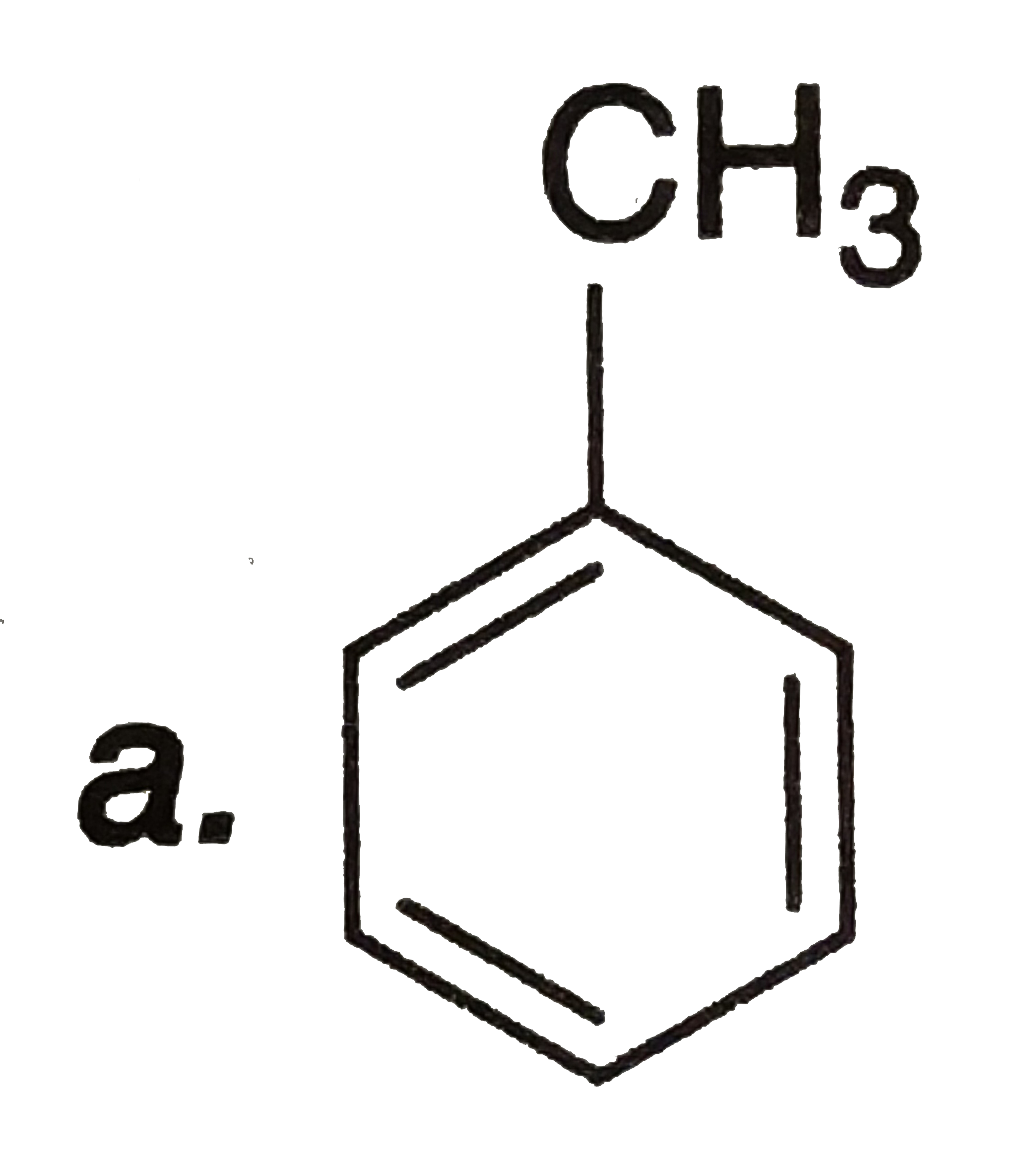 B
B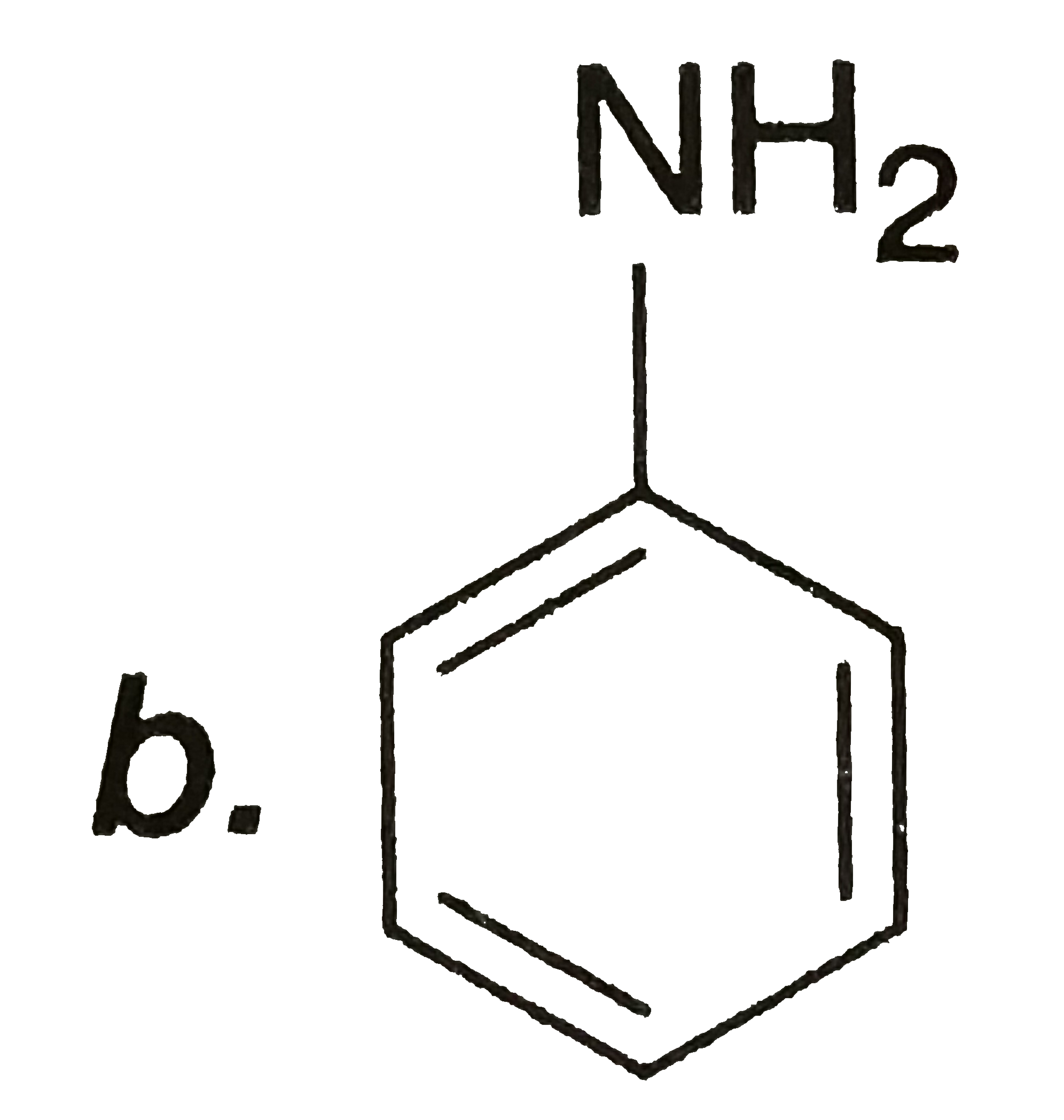 C
C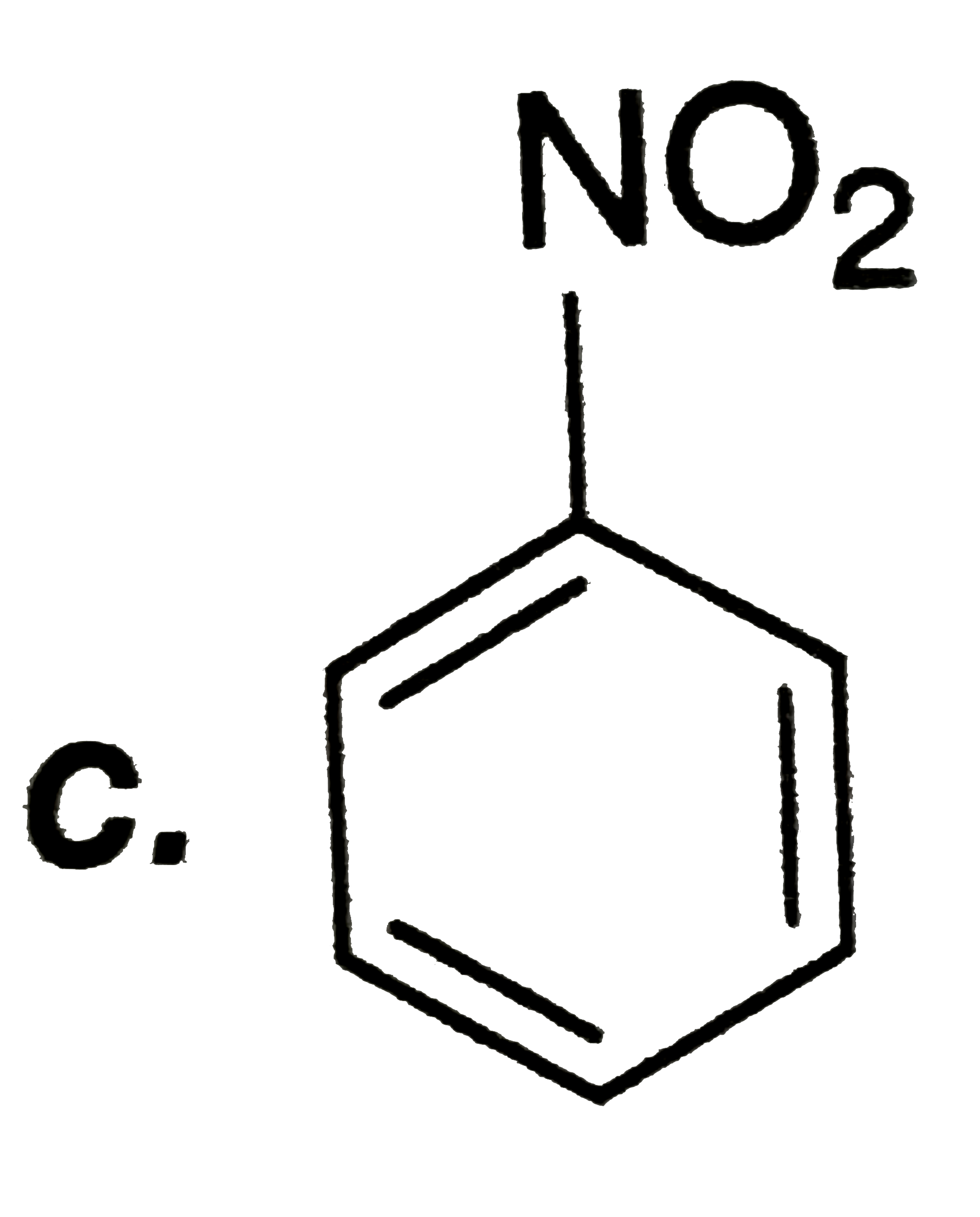 D
D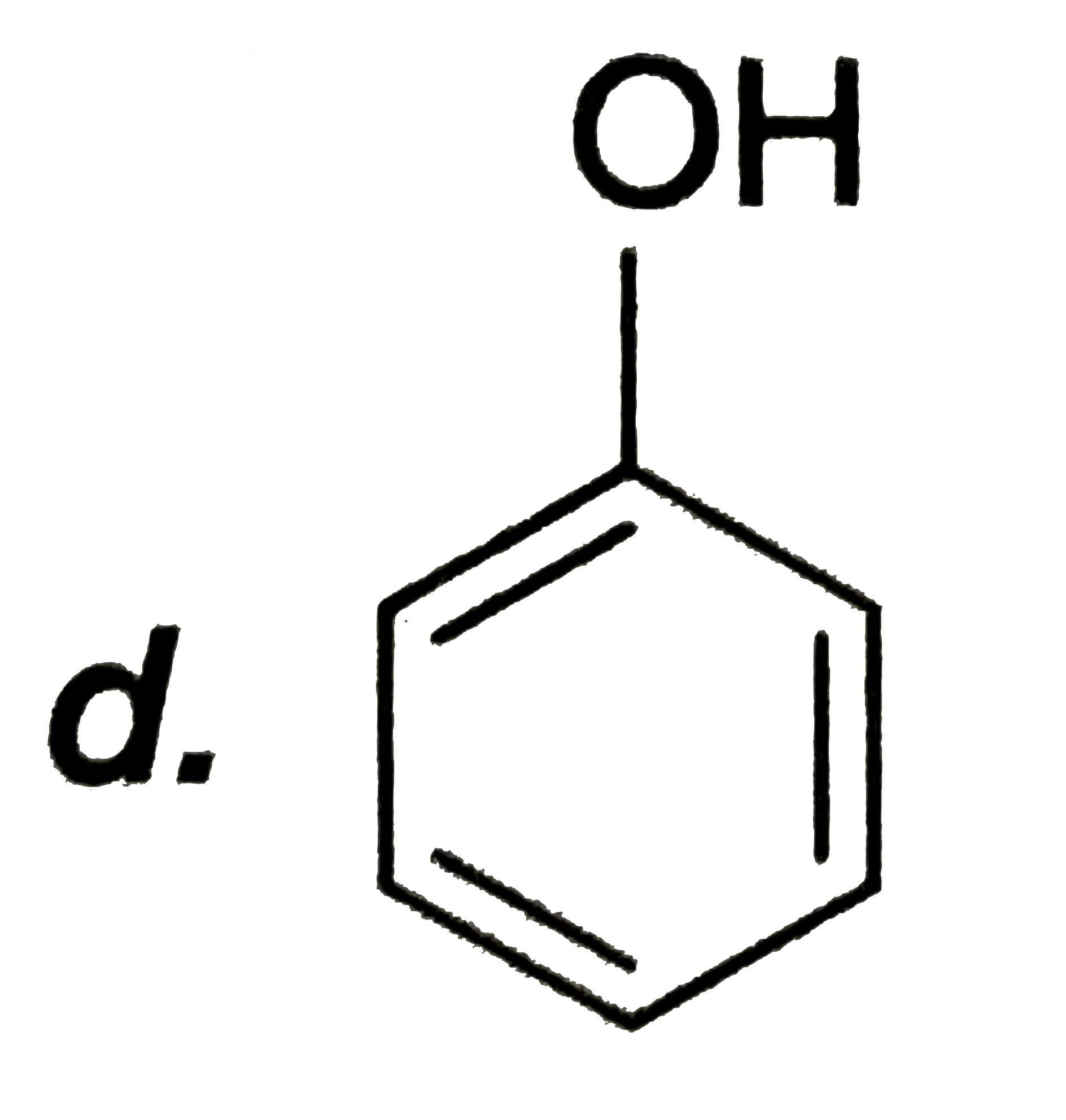
Which of the following compounds reacts slower than benzene in electrophilic bromination in the benzene ring?
View SolutionWhich of the following undergoes coupling reaction with benzene diaxonium chloride ?
View SolutionWhich of the follwing undergoes nitration most readily?
View SolutionWhich of the following undergoes nitration most easily?
View SolutionWhen of the following compounds react slower than benzene in electrophilic bromination ?
View Solution
